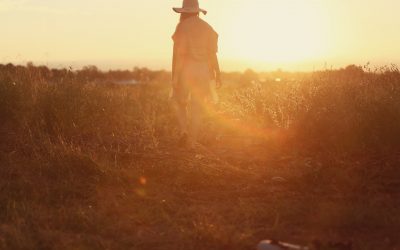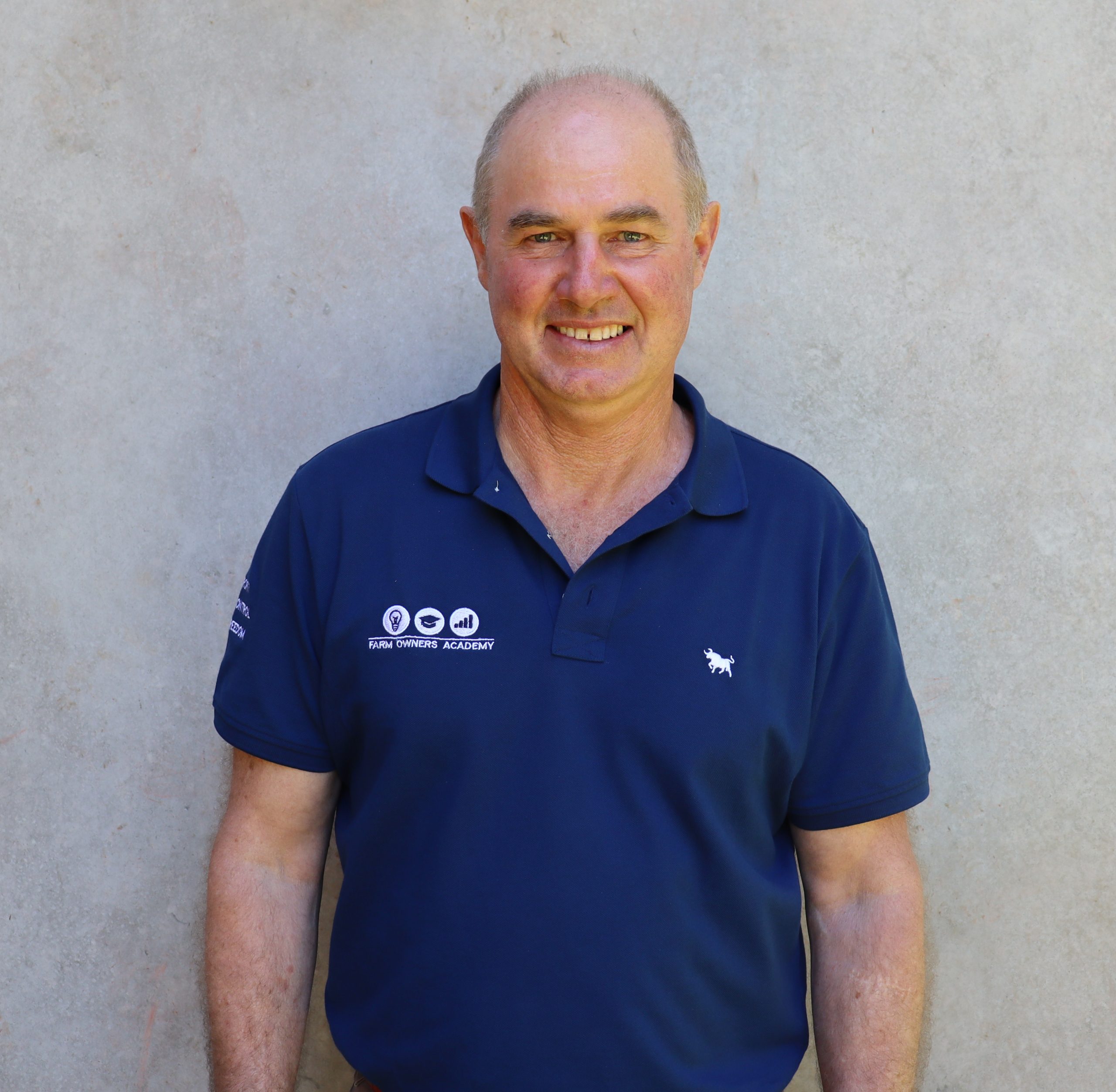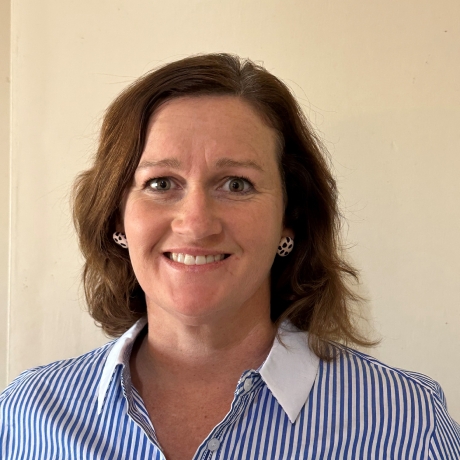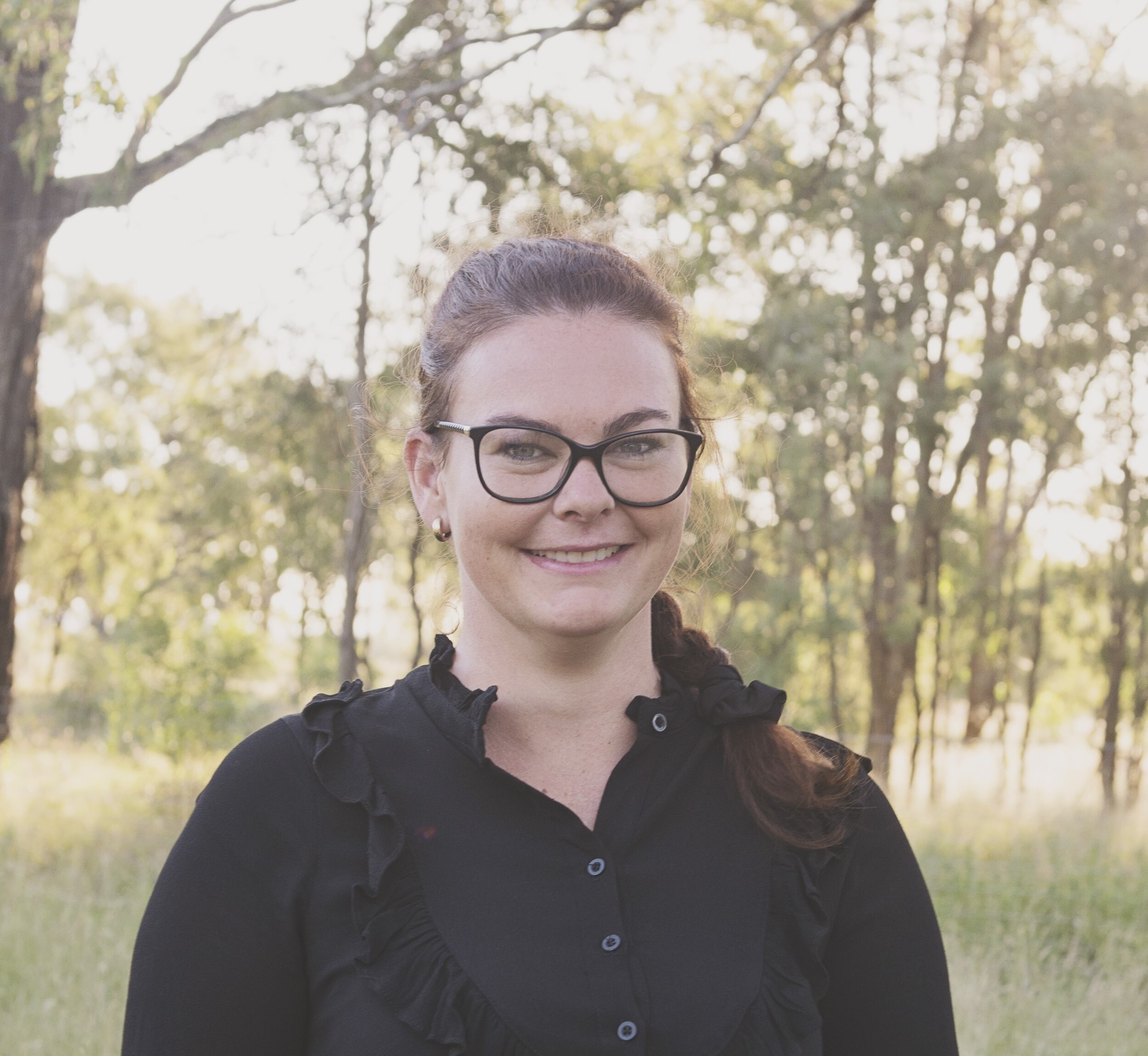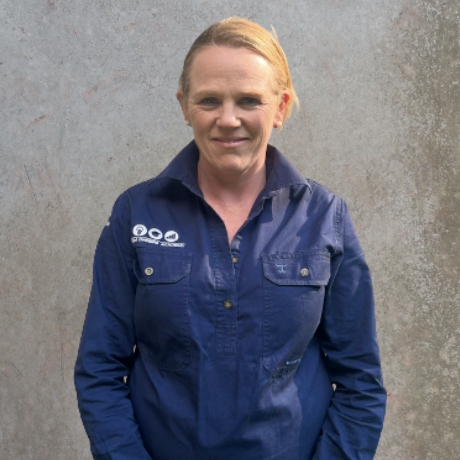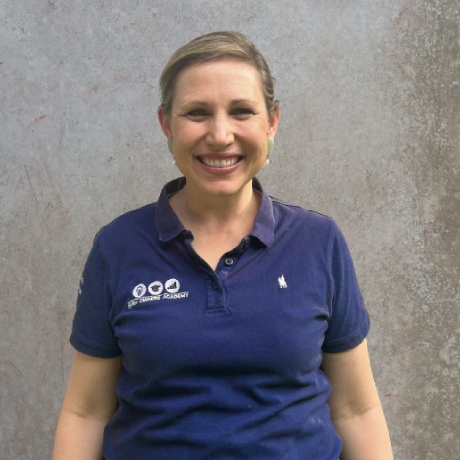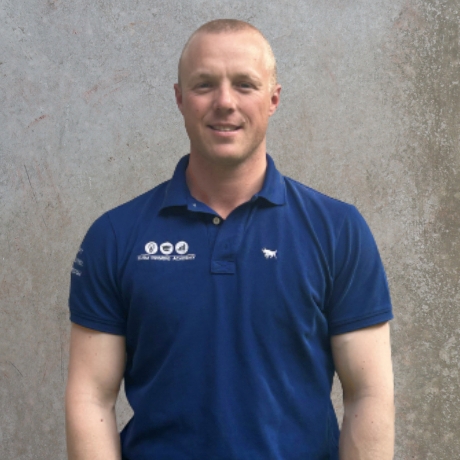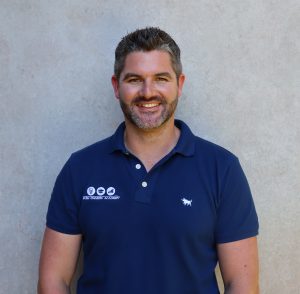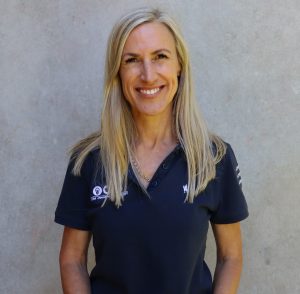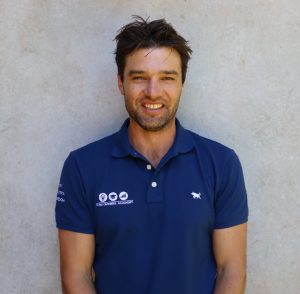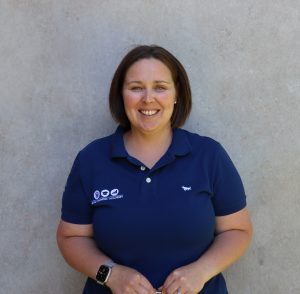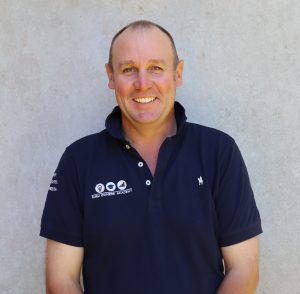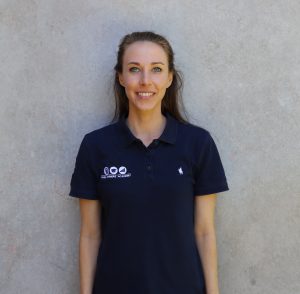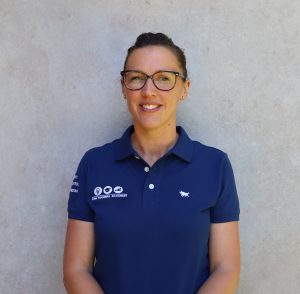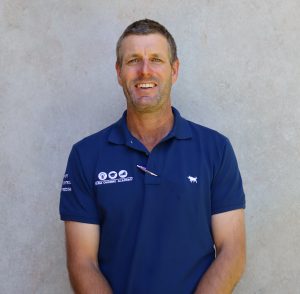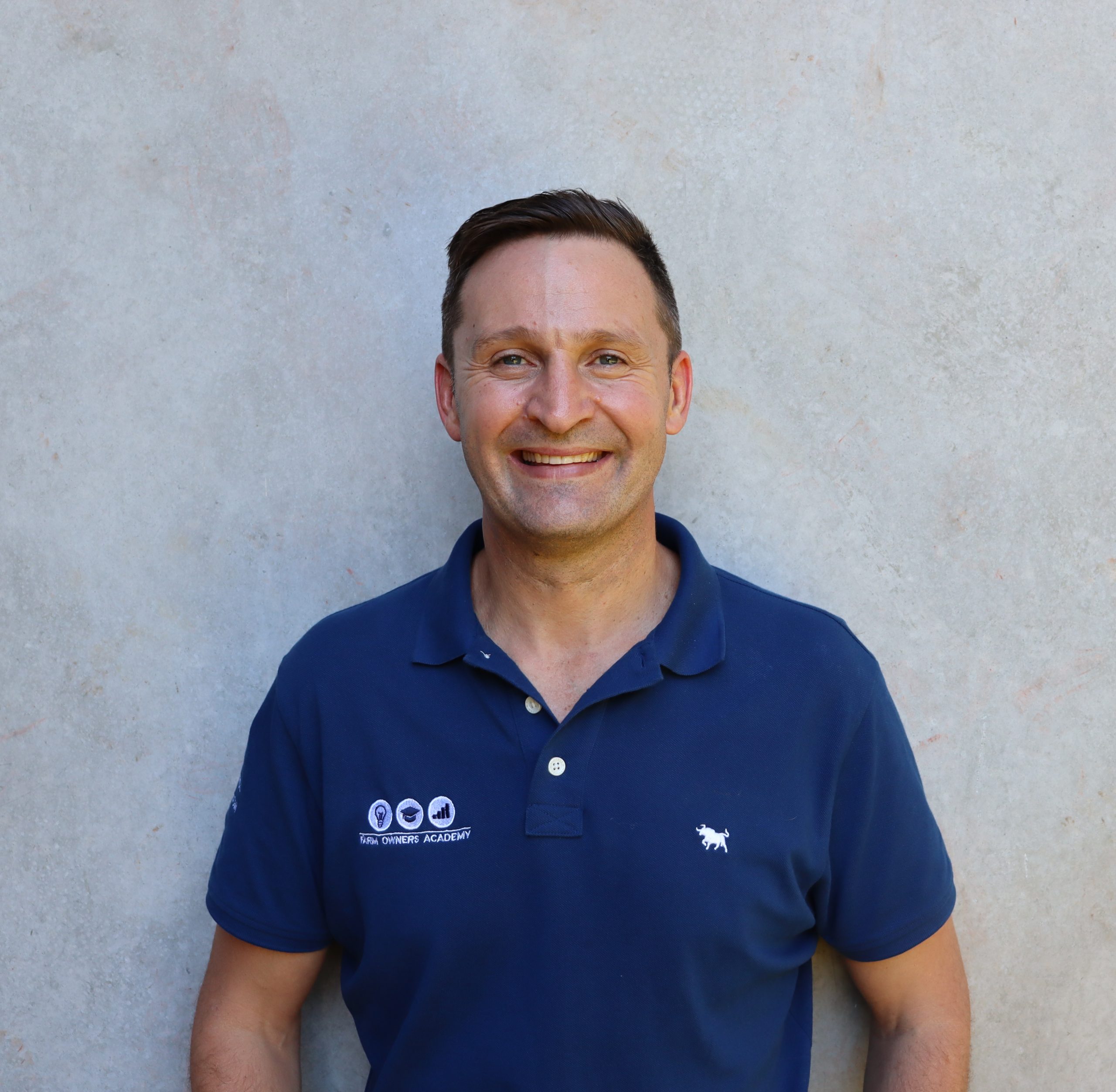Phil Kearns is without question one of Australia’s greatest ever Rugby Union players. With sixty-seven tests as #2 for the Australian Wallabies, ten as Captain, and seventy-three games for the NSW Waratahs, Phil was a key contributor to three successful Rugby World Cup campaigns, including the memorable 1991 and 1999 victories over England and New Zealand, respectively.
I was lucky enough to meet Phil recently when he opened the new clubhouse at the local Cootamundra Rugby grounds. The time he openly shared with my family, the kids of the Club and their families was incredible. His passion for Australian Rugby, grass-roots footy, local communities, and youth development is inspiring and his contribution to the game of Rugby and its future in Australia is significant.
Beyond Rugby, Phil is a thoughtful, composed and genuine leader and a true gentleman of sport, business and philanthropy. The team and I at Farm Owners Academy were thrilled to interview Phil for our 100th episode of the Profitable Farmer Podcast, where he shared his insights on effective leadership and building community, which I’ll share here.
“A fish rots from the head down!”
Phil’s premier reflection on the last twenty years of Rugby Australia, and his overall philosophy on effective leadership and communities, can be described using the old adage “a fish rots from the head down!”. By this he means: if you don’t have your administration right, from the chairman down, your team, business and community are going to struggle. Using Rugby Australia as an example, Phil believes that in many ways they’ve forgotten the importance of their roots; country rugby teams and city rugby clubs, and how to effectively communicate with them. It is these grassroots clubs that truly encapsulate Australian Rugby and what it’s fundamentally all about; community.
The importance of community & the unity of sport
It’s the community that builds and runs the clubs and the community that pitches in to save them in times of stress or financial struggle. Particularly now, with our increasing multiculturalism in both country and city areas, sport almost literally replaces the church as our place of community. Sport unites all people regardless of race or religion, and its importance cannot be underestimated.
Rugby, as a sport, truly encapsulates this as it is a game built on respect. Respect for yourself and what you bring to the team, and respect for each different member and what they individually contribute to it. This is one of the special things about rugby as opposed to most after sports; it doesn’t matter what you look like or how fast or slow you are, there’s a position on a rugby team that’s meant for just about everyone. Every teammate has a role and a time to shine during a match, and this in itself reflects community.
Giving the team the opportunity to lead and shine
Phil recently experienced this rugby-team mentality first-hand as he helped lead our bid for the 2027 Rugby World Cup. Working with an amazing group of people with a wide set of skills and experience, including John Howard, Sir Peter Cosgrove, Sir Rod Eddington, Hamish McLennan, Elizabeth Gaines, John Coates, and Gary Ella, everyone had their chance to lead and shine during the bid process. An incredible opportunity that Phil is very proud to be part of, he believes the Rugby World Cup will bring phenomenal tourism to our country, encourage younger players to set their sights on competing, and bring joy to people’s lives as we (hopefully) rise out of economically tough times by 2027.
Whilst competing against the All Blacks in 1989, Phil remembers the blur of running out and not thinking too much about the significance of such an event at the time as a 21 year old. As the third biggest sporting event in the world, the 2027 Rugby World Cup will hopefully inject increased interest and love of the game back into Aussie communities.
Being yourself, genuine, and authentic are mandatory leadership qualities
Phil experienced his first test of leadership in 1992 while touring Ireland and Wales. The team’s skipper Michael Lynagh had been injured and forced to return home, so Bob Dwyer asked Phil to step in. When Phil asked him what he needed to do, Bob simply told him to be himself, be genuine, and to lead through his actions. These are words that have guided Phil in his leadership style and in mentoring others ever since, both in sport and corporate life. He believes that being genuine and authentic is absolutely essential in leadership. People are astute and can pick a fake quickly.
Further, as in rugby, it is important to show respect to everybody, regardless of their position, and to understand that success means different things to different people. For some, success could be turning a profit or getting a certain share price, whereas for others it could be paying the mortgage or providing three meals a day. As Bob would say, if your focus, attention and energy are right, success will happen.
Everyone has a role to play, a time to shine and skills to bring to the table
The common sense, hard work and good judgement of Sir Peter Cosgrove has also been inspiring to Phil, as has the quiet astuteness of Sir Rod Eddington, and the integrity and no-nonsense manner of Christine Mcloughlin, Chair of Suncorp. Everyone has something important to share and learn from, if you’re willing to listen.
This also runs true for inter-generational farming families whose older and younger generations may be struggling to understand each other’s decisions. Phil believes that both have to be willing to adapt; for the older generations, to accept that they will not win against technological advancement and that it really can be the most efficient means of doing business, and for the younger to appreciate that their forebears know their stuff and are pretty good at what they do. As in rugby, every person has a role to play, a time to shine and skills to bring to the table. We must be open to acknowledging and listening to them.
Understanding your core values is fundamental to success
Finally, in business as in rugby, being crystal clear on your core values is fundamental to success. Knowing them, writing them out and sticking them up on the wall for you and your family to see are great ways of reminding yourself why you’re doing what you’re doing, and what is important. This creates a point of difference for your family’s business and gives you something to be incredibly proud of. Phil reflected that as a rugby leader, he would remind the team of the people in the bush who were watching and supporting them, and how important it is to give them a ‘lift’ by winning. Our values are absolutely critical to our businesses, our families and ourselves.
Final Reflections from a Wallaby Great
Reflecting on what he would say to his younger self if he had the chance, Phil would simply say exactly what he’s said to his own kids and those he works with; be yourself. Don’t try to be something that you’re not; people will see your authenticity, be drawn to you and want to be around you.
As Brené Brown says, there’s a difference between belonging and fitting in. When you try to fit in, you reshape yourself according to what others expect you to be, but when you belong, you create a space for others to want to be around you because of who you are. This is natural, genuine leadership; know your values, live them as best you can, and be yourself.
By Jeremy “Hutch” Hutchings, Managing Director of Farm Owners Academy. You can listen to Hutch and his interview with Phil on Episode 100 of The Profitable Farmer podcast.
Burnout: Treat the cause, not just the symptoms
...
Guilt Free “Me Time”
...
Cultivating Unity: Strategies for Resolving Generational Differences in Farming Businesses
...
Nurturing Resilience: How Australian Farm Owners Can Benefit from Microholidays in Today’s Economic Climate
...
The Power of Choosing Your Reaction to Challenges
...
What exactly are the top 20% producers doing differently?
...


